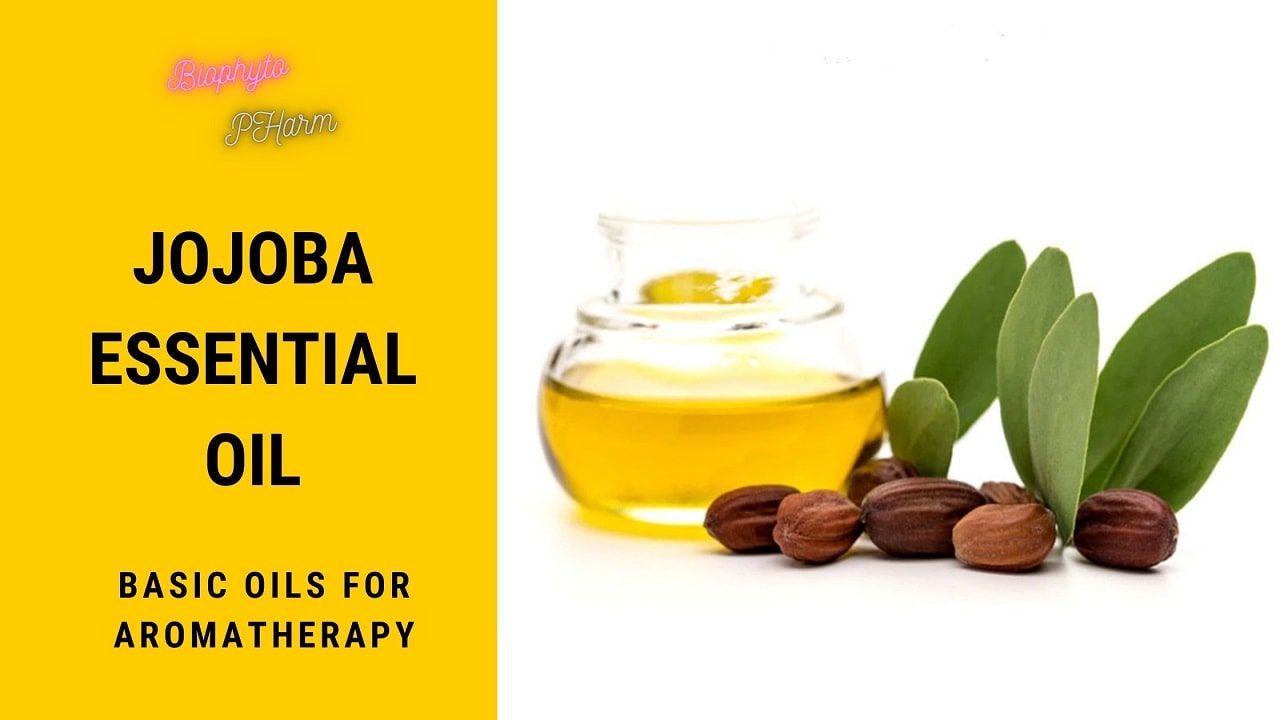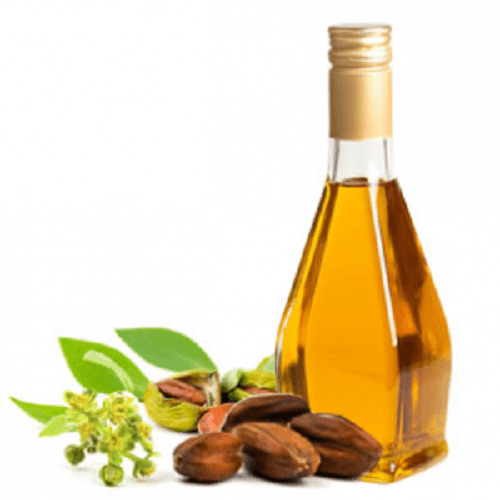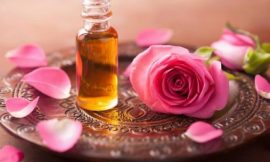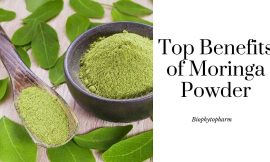Jojoba Oil: A Comprehensive Guide to its Benefits and Uses in Aromatherapy
Welcome to our comprehensive guide on Jojoba Essential Oil, one of the most popular and versatile essential oils used in aromatherapy. In this article, we will explore the numerous benefits and various applications of Jojoba Essential Oil, providing you with all the essential information you need to harness its therapeutic properties. As experts in the field of aromatherapy, our mission is to help you outrank other websites and ensure that this valuable knowledge reaches a wider audience.
What is Jojoba Essential Oil?
Jojoba Essential Oil is derived from the seeds of the Simmondsia chinensis plant, native to North America. Unlike other essential oils, Jojoba Essential Oil is not extracted through steam distillation but is a cold-pressed carrier oil. It is renowned for its similarity to the skin’s natural sebum, making it an excellent choice for various skin and hair care applications.
Benefits of Jojoba Essential Oil
Jojoba Essential Oil boasts a wide array of benefits, ranging from skincare to emotional well-being. Let’s delve into the remarkable advantages this natural oil offers:
1. Moisturizes and Nourishes the Skin
Jojoba Essential Oil’s composition closely resembles the skin’s natural sebum, making it an exceptional moisturizer. It penetrates the skin deeply, providing nourishment and promoting a soft, supple complexion. Regular use of Jojoba Essential Oil can help soothe dry and irritated skin, leaving it hydrated and radiant.
2. Controls Sebum Production
Contrary to concerns, Jojoba Essential Oil does not clog pores. Instead, it helps regulate sebum production, making it suitable for both oily and acne-prone skin. Balancing oil levels, it aids in preventing breakouts and maintaining clear skin.
3. Anti-Aging Properties
With its rich antioxidant content, Jojoba Essential Oil helps combat the signs of aging. It reduces the appearance of fine lines, wrinkles, and age spots, promoting a youthful and rejuvenated complexion.
4. Soothes Skin Conditions
Jojoba Essential Oil possesses anti-inflammatory properties, making it effective in soothing skin conditions such as eczema, psoriasis, and rosacea. It helps reduce redness, itchiness, and irritation associated with these skin ailments.
5. Promotes Hair Health
Jojoba Essential Oil nourishes the scalp and hair follicles, promoting healthy hair growth. It strengthens the hair shaft, reduces hair breakage, and adds shine to dull and lifeless locks.
6. Aids in Relaxation
In aromatherapy, Jojoba Essential Oil is prized for its calming and soothing effects. When used in massage or diffused in a room, it can help alleviate stress and promote relaxation.
Uses of Jojoba Essential Oil
The versatility of Jojoba Essential Oil extends beyond skincare and relaxation. Here are some popular applications of this precious oil:
1. Facial and Body Moisturizer
To harness the moisturizing benefits, apply a few drops of Jojoba Essential Oil directly to the face or body, or mix it with your favorite moisturizer for enhanced hydration.
2. Makeup Remover
Jojoba Essential Oil serves as an effective and gentle makeup remover. Apply a small amount to a cotton pad and wipe away makeup, including stubborn eye makeup.
3. Hair Conditioner
For luscious locks, apply a few drops of Jojoba Essential Oil to damp hair and massage it into the scalp. Leave it on for a few minutes before rinsing thoroughly.
4. Carrier Oil for Essential Oils
Due to its neutral scent and skin-friendly properties, Jojoba Essential Oil serves as an excellent carrier oil for diluting potent essential oils before topical application.
5. Massage Oil
Blend Jojoba Essential Oil with your preferred essential oils to create a relaxing massage oil that soothes both the body and mind.
Safety Precautions
While Jojoba Essential Oil is generally safe for topical use, it is essential to perform a patch test before widespread application, especially for those with sensitive skin. Avoid ingesting the oil, and if you are pregnant, nursing, or have underlying health conditions, consult a healthcare professional before using Jojoba Essential Oil.
Native American Use of Jojoba
Native tribes of the southwestern United States and north-west Mexico were familiar with the jojoba plant and used it in several ways:
Jojoba seeds produced oil that was used in skin and skin hair care to protect against the desert sun.
The oil from the jojoba seeds was also used to treat general aches and pains, skin irritations, and burns
The jojoba seeds were chewed as a dietary supplement, too.
Other uses of the jojoba plant may have included use as a medicine and the making of a coffee-like drink; it was also used to treat colds, sore throats, and indigestion. Like many native plants of the American Southwest and Northern Mexico, jojoba was a useful and versatile plant to native people.
Jojoba as an Oil
The jojoba plant produces a substance that is more reminiscent of wax than oil. Although it is commonly referred to as jojoba oil, some aromatherapists refer to it simply asjojobaorjojoba wax; whatever you call it, it is all the same product. A point to note on pronunciation:Ho-ho-ba.
The seeds of the jojoba plant are crushed to obtain jojoba oil. Jojoba oil is commonly used as a carrier oil in aromatherapy for essential oils, although it does possess therapeutic properties of its own; it maintains a long shelf life, and its chemical makeup changes little even in extreme temperatures of hot or cold. If it becomes solid, leave it standing at room temperature, and you will notice it change back to liquid form naturally as it warms up.
Chemical constituents of jojoba include saturated fatty acids (palmitic acid, stearic acid, and arachidic acid), monosaturated fatty acids (oleic acid, palmitoleic acid), polyunsaturated fatty acids (linoleic acid, linolenic acid), and some fatty alcohol (docosanol, policosanol, tetracosanol, octadecanol). It is one of the most stable and easily absorbed oils.
Best Aromatherapy Jojoba Essential Oils Uses
Today, jojoba essential oil is popular in the hair and skincare industry, particularly in the United States. Therapeutically speaking, jojoba oil is useful in the treatment of psoriasis, eczema, sunburn, skincare, arthritis, and rheumatism (due to the anti-inflammatory action of myristic acid in its makeup).
Using essential oils as a base oil for skin care and massage oils, as an ingredient in lotions, creams, and balms, as a natural perfume base (either as a roll-on or as part of a solid perfume base), and it is great to use with all age groups.
Conclusion
Jojoba Essential Oil is undoubtedly a treasure trove of benefits for both skincare and emotional well-being. Its versatile properties make it an invaluable addition to any aromatherapy routine. By incorporating Jojoba Essential Oil into your daily regimen, you can enjoy its nourishing effects and promote overall health and relaxation.






